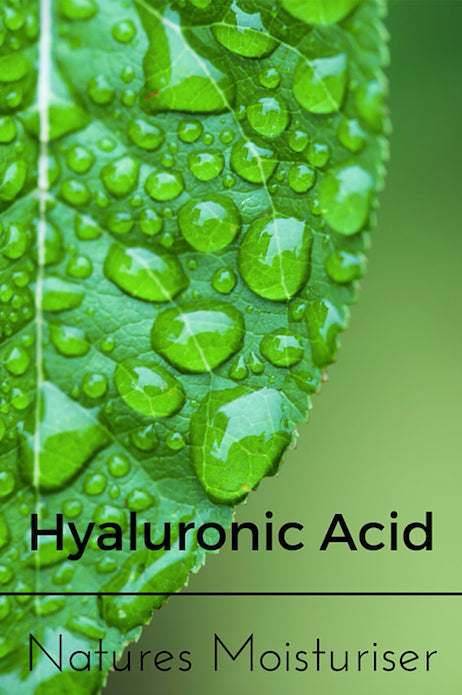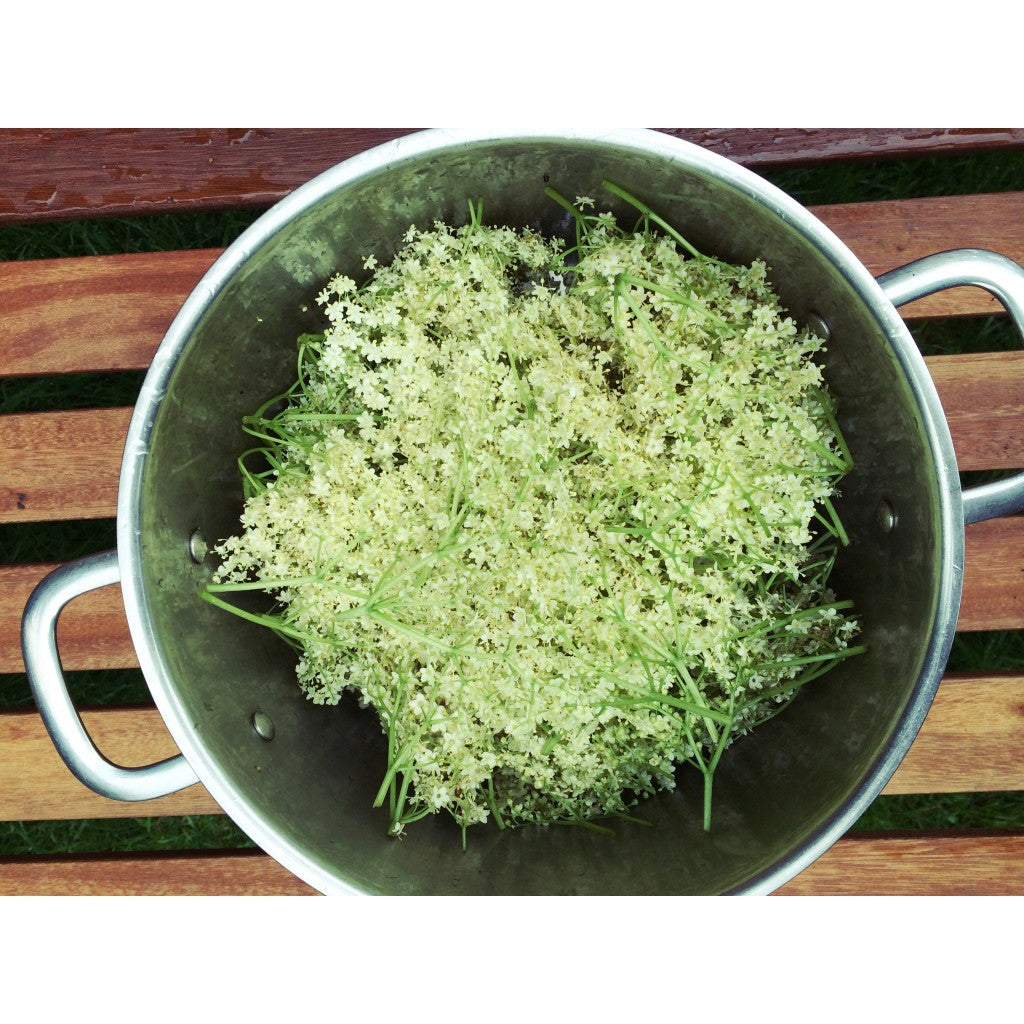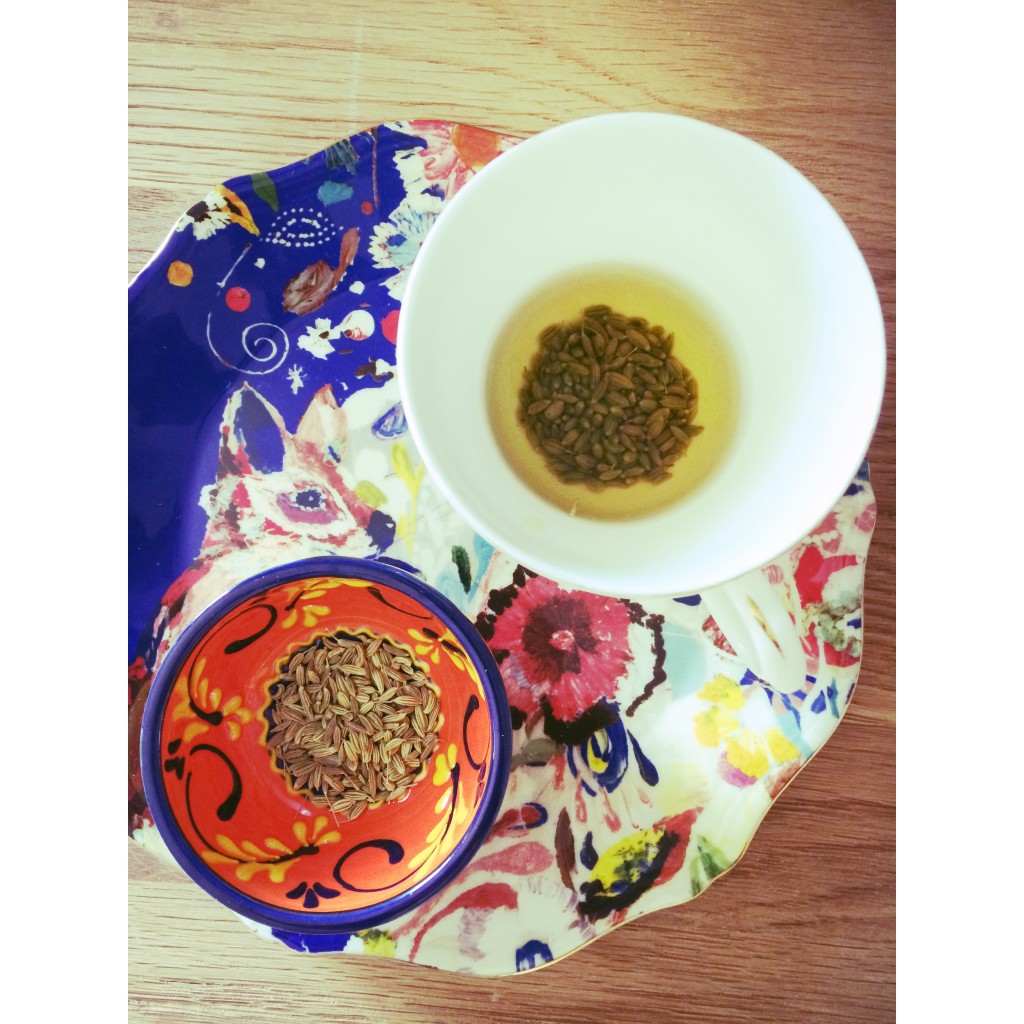Journal
- All
- Antioxidant
- Astragalus
- Blood clots
- Brain fog
- Burnout
- Cervical cancer
- Cholecystectomy
- Cold feet
- Cracked heels
- Echinacea
- Exhaustion
- Fatigue
- Gallbladder
- Headaches
- Health Advice
- Heart health
- Liver
- Low immunity
- Low white blood cells
- Memory
- Menopause
- Migraines
- Nervous system
- Perimenopause
- Recipe
- RnA ReSet
- Strokes
- Sun protection
- Thyroid
“I’ve tried everything” is a commonly heard statement in our clinic. We usually find that actually a ‘common path’ has been trod to find well being again and it can be a revelation to find that perhaps you haven’t quite...
The Anti-Ageing Nutrient – Hyaluronic Acid
You may have wondered what Hyaluronic Acid is as it crops up in skin products and supplements and if it is worth taking. Hyaluronic Acid is a gel-like water holding molecule, a glycosaminoglycan, present in all connective tissue that is...
Compassion and care are loving emotions that bring about positive feelings for you and the person you care for. Something as seemingly small as a kind word, a door being held open, or a smile provides regenerative energy for the...
Who knew it, a fundamental necessity for good health becomes cool. Sleep is being touted as ‘the new sweat’ and while it comes easy to some, for many it can be hard to attain. Are you struggling to lose weight,...
I never saw a discontented tree. They grip the ground as though they liked it, and though fast rooted they travel about as far as we do.John Muir The magnificent Elder is a sight to behold, in early summer with...
Don’t let these steal your peace
“Rest and be thankful.” ―William Wordsworth Does peace seem impossible to attain? Are these thieves stealing yours? Busyness Life can seem so full there is not time to rest and reflect. The calender is full of appointments, meetings, things to...
Fennel eye wash for irritated eyes
Fennel has always been used traditionally for irritated, itchy eyes and even for conjunctivitis. A fennel eye wash is ideal when suffering with hay fever. 17th century herbalist Nicholas Culpepper wrote, ‘Fennel increases milk, cleanses the eyes from mists that hinder...
Living to 100 may seem impossible. It is certainly unusual and those who do you always want to know their secret, which is often unexpected, simple and unscientific. Reading The Blue Zones, 9 lessons for living longer revealed that attitude, faith,...
The Call Of Solitude – alone but not lonely Solitude is a state of being alone, but not lonely and can lead to greater self-awareness After a recent few days away I have become more aware of the significance of...








